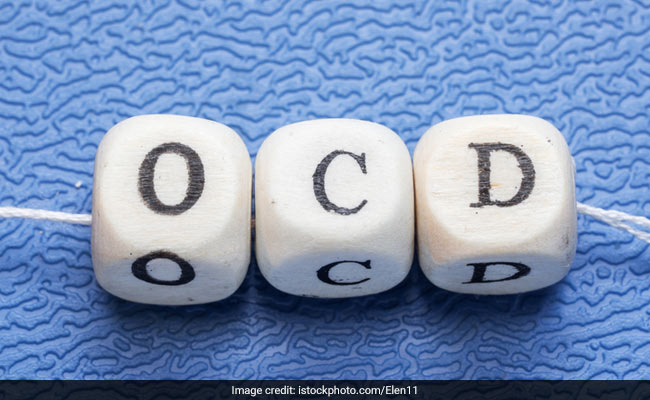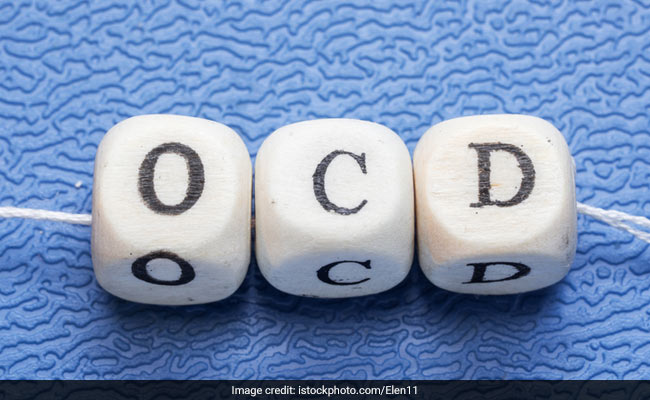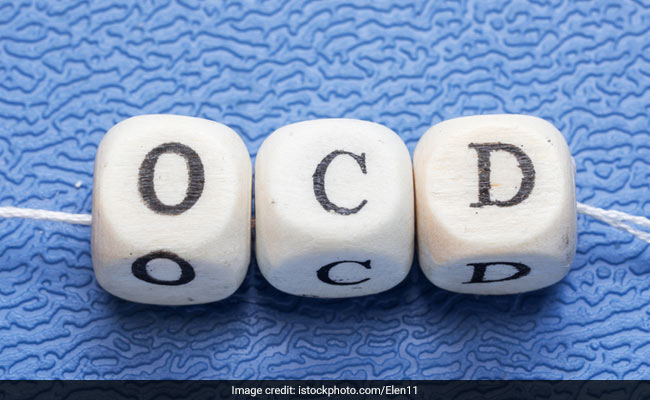Obsessive compulsive disorder guide
Obsessive compulsive disorder
What is it?
Obsessive-compulsive disorder, also called OCD, is a disorder characterised by recurrent and unstoppable anxious thoughts associated with repetitive actions that help to ease these thoughts. These thoughts are called ‘obsessions’ and arise in a person’s mind, over which he apparently has no control. The person tries to banish them, often unsuccessfully. Attempting to do so can often lead to greater anxiety. Instead, he ends up repeating the actions, called compulsions, to erase the thoughts.This behavioural problem causes a lot of disturbance in a person’s daily life - to a point that he may stop doing routine activities like going out of the house or eating at the table. Most people with OCD realise that they have a problem, but they are unable to control their urges. In such cases, the problem may be hidden from family and friends for a long time and treatment is delayed.
What are the causes?
The exact cause of the disorder is unknown. OCD is attributed to a neurological condition and is believed to be the result of a defect in the transfer of neurotransmitters in the brain. Some psychologists believe that it is caused when a person learns to associate a negative emotion with an otherwise neutral stimulus.
What are the symptoms?
The common symptoms are: Unwanted but unstoppable thoughts creating anxiety in an individual. The most common are often thoughts of contamination, repeated doubts (wondering whether one has performed a certain act), and often aggressive thoughts like thinking of shouting out obscenities in a temple or place of worship. People often have a need to have things arranged in a certain order (e.g. symmetrical arrangements of articles on a table) Repetitive Behaviours that are irrational but unstoppable for example repeatedly checking that things are in order, e.g. checks that the door is locked many times Collection of unnecessary items Performance of the ritualistic behaviours over and over again and great anxiety if they are not performed. The person is usually conscious of the disorder but fails to do anything about it.
How is the diagnosis made?
The doctor takes a complete history of the patient and the condition is diagnosed based on the description of the symptoms by the patient. Usually no tests are performed, but a psychological profile of the patient is sometimes done to assist with the diagnosis.
What is the treatment?
Medications are now considered the first line of treatment. A group of drugs called serotonin reuptake inhibitors is often the most helpful. Sometimes a trial of two or three medications is necessary before the optimal choice is found. Many of the medications used are the same as those used to treat depression.Besides drug treatment, behavioural therapy is used to treat the patient. Cognitive Behavioural Therapy is a form of psychotherapy where simple skills are taught to diminish the repetitive patterns of behaviour. The patient is gradually eased into becoming less anxious from the disturbing thoughts. As a consequence, the patient learns to reduce the behaviours associated with the recurrent thoughts. Relaxation techniques are also taught which help to reduce the subjective distress.Treatment is often unable to completely rid a person of the symptoms, but can make them decrease enough to allow a return to normal life.
Obsessive compulsive disorder News More News
FAQ Related to Obsessive compulsive disorder
- Do sagging breasts indicate past physical relations?
- I am suffering from procrastination, what should I do?
- Do sagging breasts indicate past physical relations?
- Do sagging breasts indicate past physical relations?
- Why has my father started talking irrelevantly?
- Am I suffering from obsessive compulsive disorder?
................... Advertisement ...................
................... Advertisement ...................
................... Advertisement ...................
................... Advertisement ...................






















